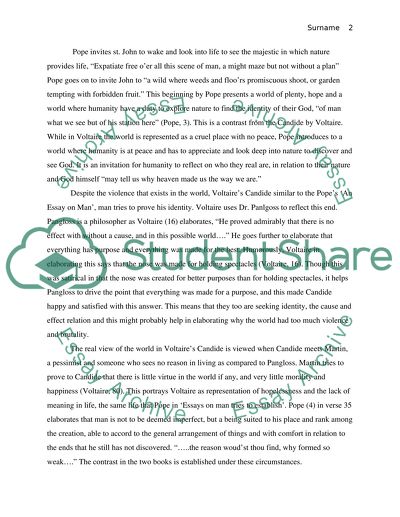Cite this document
(“Comparing the Candide by Voltaire to An Essay on Man by Pope”, n.d.)
Retrieved from https://studentshare.org/literature/1435856-i-dont-have-a-topic-yet
Retrieved from https://studentshare.org/literature/1435856-i-dont-have-a-topic-yet
(Comparing the Candide by Voltaire to An Essay on Man by Pope)
https://studentshare.org/literature/1435856-i-dont-have-a-topic-yet.
https://studentshare.org/literature/1435856-i-dont-have-a-topic-yet.
“Comparing the Candide by Voltaire to An Essay on Man by Pope”, n.d. https://studentshare.org/literature/1435856-i-dont-have-a-topic-yet.


